August 20, 2025 | 07:24 am
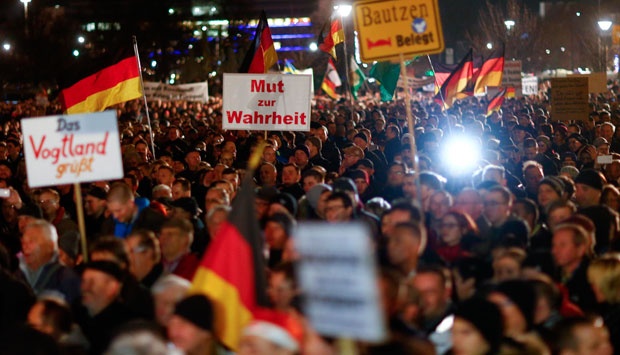
By Veronica Riniolo, Catholic University of Sacred Heart, Milan and Vera Lomazzi, University of Bergamo, Bergamo.
As European leaders wrangle over a common migration and asylum policy, recent data from the European Social Survey (ESS) reveals that public attitudes towards immigration remain stable or even improved after the COVID-19 pandemic
Despite record numbers of arrivals across the Mediterranean and growing pressure from far-right parties ahead of national and EU elections. Opinions however remain polarised across countries.
This study is based on ESS, one of the most comprehensive cross-national and repeated studies of public attitudes in Europe and compares responses from 13 countries before and after the pandemic.
The long-term trend of improving attitudes toward immigrants appears unaffected by crises such as the health emergency. Improving attitudes toward immigrants can be explained by the reduced salience of immigration in public debate, overshadowed by the health and economic emergency.
Despite initial fears of rising xenophobia, the pandemic pushed immigration out of the spotlight, contributing to more positive public attitudes.
Individual factors remain central
The most influential predictors of immigration attitudes are education and life satisfaction. Respondents with higher levels of education and life satisfaction tend to express more positive views towards immigration. This trend remains consistent across most of the surveyed countries.
Being a woman is positively associated with more favorable attitudes toward immigrants. Unsurprisingly, having a migrant background strongly boosts positive views on immigration
Context still matters
While individual factors are important, the study underscores that national context continues to shape immigration attitudes in powerful ways.
The strength of media and political narratives appears to be a key factor. Countries where mainstream parties have adopted more inclusive rhetoric – often tied to economic arguments or humanitarian values – tend to show more stable or improving attitudes. Conversely, where anti-immigration messages have dominated political discourse, public opinion remains more negative.
COVID-19’s limited effect
The pandemic does not appear to have significantly altered European attitudes towards immigration. While the early stages of COVID-19 saw a rise in nationalism and border closures, these developments did not translate into a widespread hardening of public opinion.
By contrast, positive trends emerged in countries like Bulgaria, Italy, and Slovakia, where immigration became less prominent in public debate following the pandemic outbreak.
The role of media and discourse
Media coverage and political messaging remain key factors shaping public perceptions. The study shows that attitudes are more positive when integration policies reflect a more inclusive vision of the nation. Negative coverage—focusing on crime, cultural conflict, or welfare dependency—tends to correlate with more hostile views
This effect is particularly strong in countries with polarised media environments. In Italy and France, for instance, diverging narratives across media outlets appear to contribute to a fragmented public opinion landscape, with significant differences between urban and rural populations.
Policy implications
The persistence of polarised attitudes has implications for European policymakers, especially as the EU moves forward with plans for a new migration and asylum pact. Understanding that public opinion is shaped by both structural factors and narrative framing could inform more effective communication strategies.
Some experts argue that focusing on integration outcomes, rather than simply arrival numbers, may help shift the conversation. Highlighting success stories and the contributions of migrants in healthcare, agriculture, and technology sectors could counterbalance more negative portrayals.
At the same time, efforts to address the root causes of anxiety – such as economic insecurity and housing shortages– are seen as crucial to creating a more receptive environment for inclusive policies.
A complex picture
This study confirms that immigration remains a politically sensitive and socially complex issue across Europe. While fears of a dramatic post-pandemic backlash have not materialised, neither has there been a significant surge in pro-immigration sentiment.
Instead, public attitudes appear to be shaped by a combination of long-standing individual characteristics and evolving national contexts.
As Europe faces new migration challenges – from climate displacement to geopolitical instability – the findings suggest that public opinion will remain a critical, but not necessarily predictable, factor in shaping the continent’s future migration policies.
Originally published under Creative Commons by 360info™.
*) DISCLAIMER
Articles published in the “Your Views & Stories” section of en.tempo.co website are personal opinions written by third parties, and cannot be related or attributed to en.tempo.co’s official stance.
Minimum Wage in Europe: 2025 Rankings from Highest to Lowest
9 jam lalu

From Luxembourg to Albania, explore the full list of 2025 minimum wages in Europe and see which countries offer the best pay and worker protections.
Ukraine Seeks $100bn U.S. Arms Deal for Security Guarantees
19 jam lalu

Ukraine takes this step to secure a guarantee from the U.S. for its security after the potential peace deal with Russia.
BNP's Indecisive Politics Could Hurt Democracy Revival in Bangladesh
23 jam lalu

Bangladesh's geopolitical vulnerabilities could deepen as political fissures widen.
Political Turmoil in Spain as Europe Faces US Trade Wars and Global Conflict
1 hari lalu

Spain's government under Prime Minister Pedro Snchez is grappling with mounting scandal and political instability
European Leaders Join Ukrainian President at the White House
1 hari lalu

The leaders of Europe accompany President Zelensky due to concerns over the outcome of the previous meeting.
Here Are 10 European Money Tips Worth Remembering
2 hari lalu

Whether you're on a high-end vacation travel or a quick getaway in Europe, these tips will help you keep control of your spending.
Israel-Induced Starvation in Gaza Draws Condemnation from European Nations
3 hari lalu

The response of European countries to the increasingly alarming hunger situation in Gaza.
When is the Solar Eclipse? The Best Places for Viewing
4 hari lalu

Although it is still a year away, excitement is already building for the 2026 solar eclipse. Learn more about this upcoming cosmic spectacle here.
European Leaders Urge Trump to Assert Support for Ukraine in Meeting with Putin
6 hari lalu

European countries press Trump to assert support for Ukraine and maintain European security in meeting with Putin in Alaska.
Indonesia Deports 11 Vietnamese Found Working in Jakarta
6 hari lalu

The clinic staff in PIK, Jakarta, Indonesia, is being uncooperative towards Immigration officers.




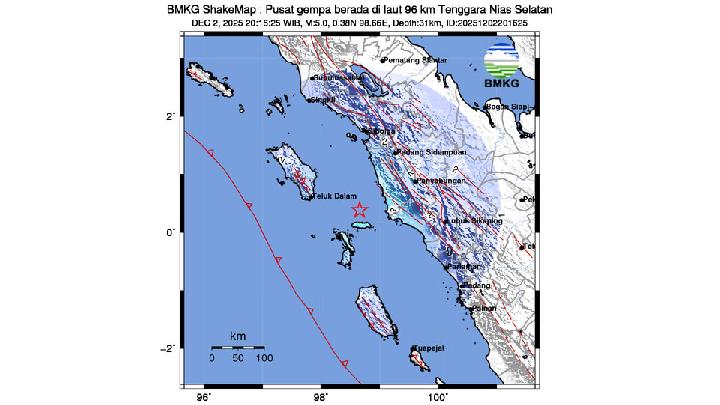
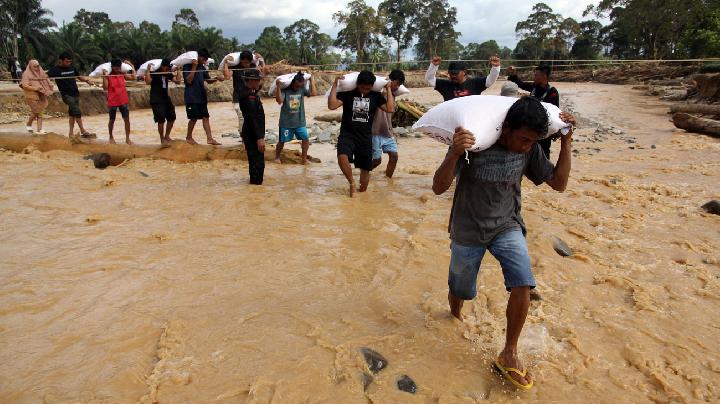











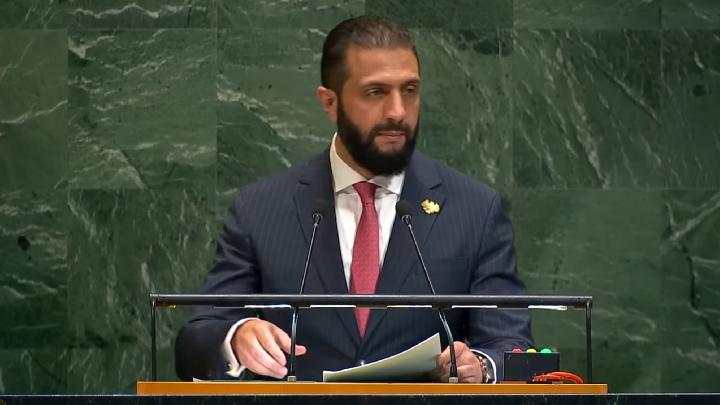



















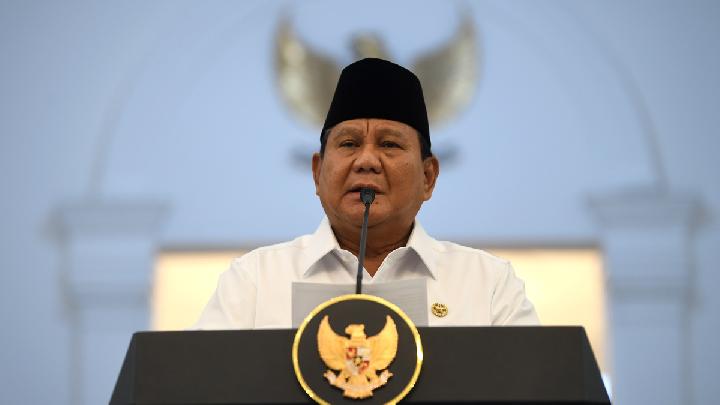

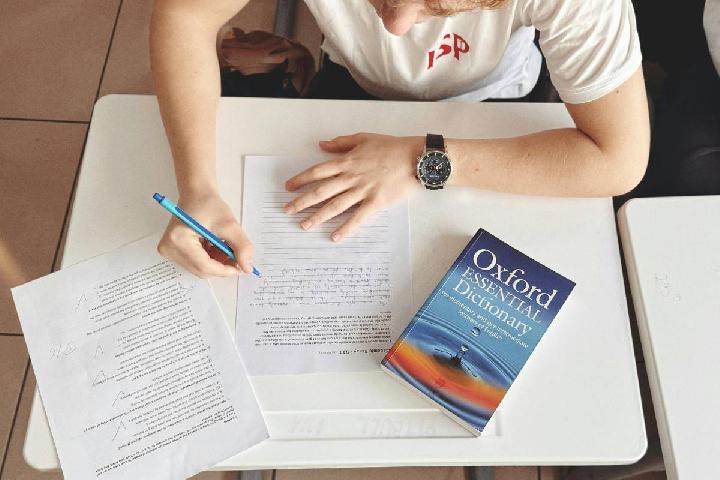



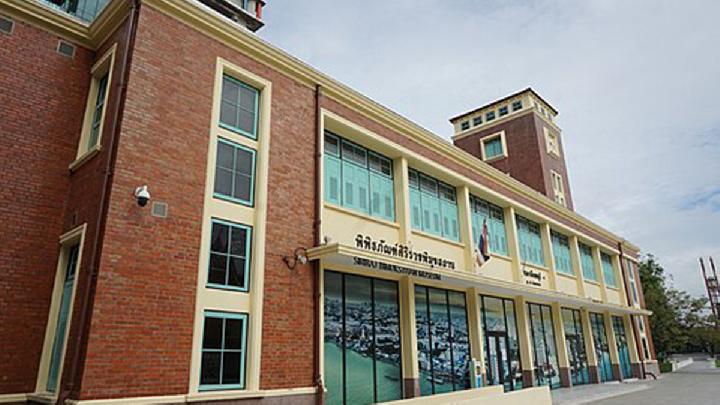
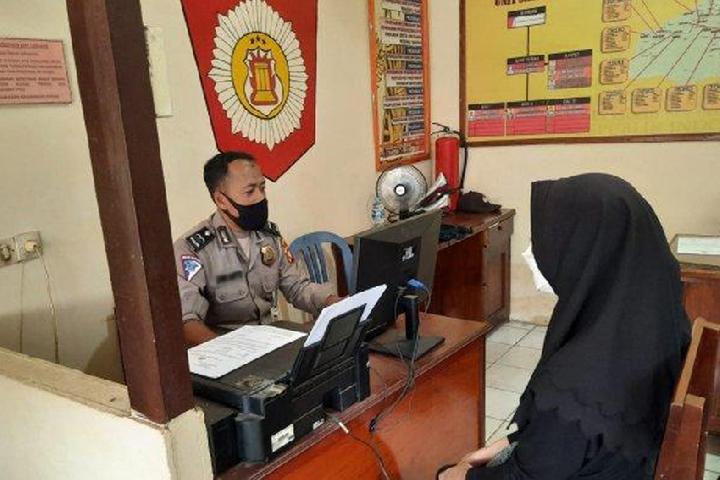


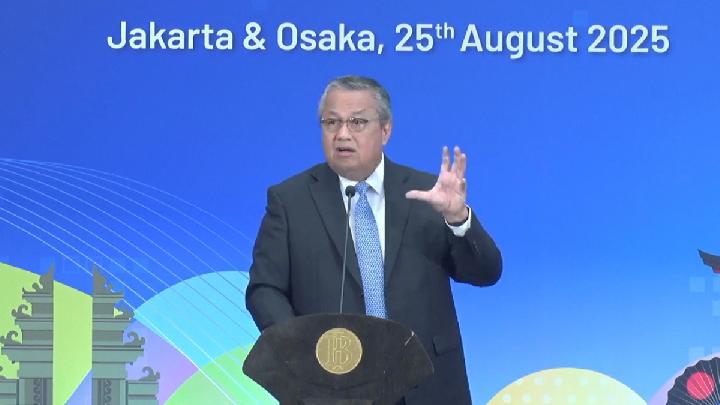

:strip_icc():format(jpeg)/kly-media-production/medias/5243277/original/092151900_1749100247-front-view-cute-little-boy-listening-music.jpg)
